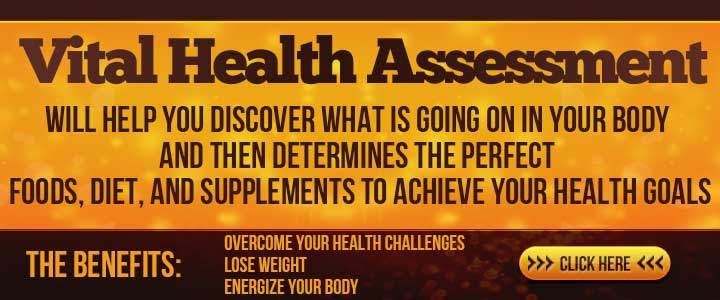The Problem: Excess Inflammation.
Inflammation is an essential function of your body’s immune response but this is one of those things in life where a little bit is good for you but any more than that is too much. You don’t have to have arthritis to have too much inflammation in your body. Inflammation is the body’s response to stress and we all have lots of that.
Inflammation is considered by many experts as the common link between a host of debilitating conditions, including
• Alzheimers,
• heart disease,
• cancer.
Inflammation is also thought to be the culprit behind the visible signs of aging.
The stress that causes this inflammation can come from a number of sources. These include:
1. Chronic low grade bacterial, viral and fungal infections.
2. Chronic low level food allergies or food sensitivities.
3. Physical or emotional stress – which raises cortisol levels. (Cortisol increases inflammation)
4. Toxicity from the environment: metals and other contaminates in the water and air.
5. Toxicity in our diet: too much fat, sugar, protein, alcohol
Symptoms of inflammation include:
•• Arthrtitus (including osteoarthritis and rheumatoid arthritis)
• Chronic Pain
• Diabetes
• Heart Desease
• High Blood pressure
• Visible signs of aging
• Susceptibility to infection (viral, bacterial, and fungal)
• Osteoporosis
• Skin Conditions
The Process of Inflammation in the body:
Whatever the source of inflammation, the bodies response is similar. Turn up the bodies immune system so that it can fight all these intruders.
For example: When you cut yourself the body automatically increases blood flow to the area and sends in (among other things) killer white blood cells to surround any invading bacteria and ‘burn’ the bacteria up with oxidative chemicals. It is like an protective army destroying invaders.
This is a good thing since it protects us.
Unfortunately, we have so many stressors in our life that this ‘war’ ends up going on forever. In any war there is collateral damage and in this case that collateral damage is to heathy tissue as well.
Sometimes also, the body just doesn’t know when to stop. It loses its ability to distinguish between the good guys and the invading bacteria or viruses. It ends up attacking the healthy tissues also and upsetting delicate chemical and hormonal balances that keep all our systems running properly.
How to Reduce Inflammation:
The start of reducing inflammation is reducing stress. Since this stress can come from a number of sources (as described above) there is a lot to do on this front. Some of these stresses can be reduced by avoiding or removing certain foods from your diet and environment. These include too much sugar, fat, protein, alcohol and any food your may be allergic or sensitive to.
Just taking away things can be restrictive and is usually not completely effective. A much more complete solution is to ADD anti-inflammatory foods and anti-oxidants. They stop this process from getting out of control.
There are pharmaceutical anti-inflammatory drugs, like most pharmaceutical drugs have many undesirable side effects. That is why so many people would prefer an natural approach.
These include omega 3 oils and a number of vegetables like beets and leafy greens. In fact, almost MOST the foods and recipes that we deal with at Real Food For Life help to reduce inflammation.
To learn how to plan and prepare these super healthy meals, check out one of our 2-5-30 Healthy Diets.
Read more here:


thankyou.